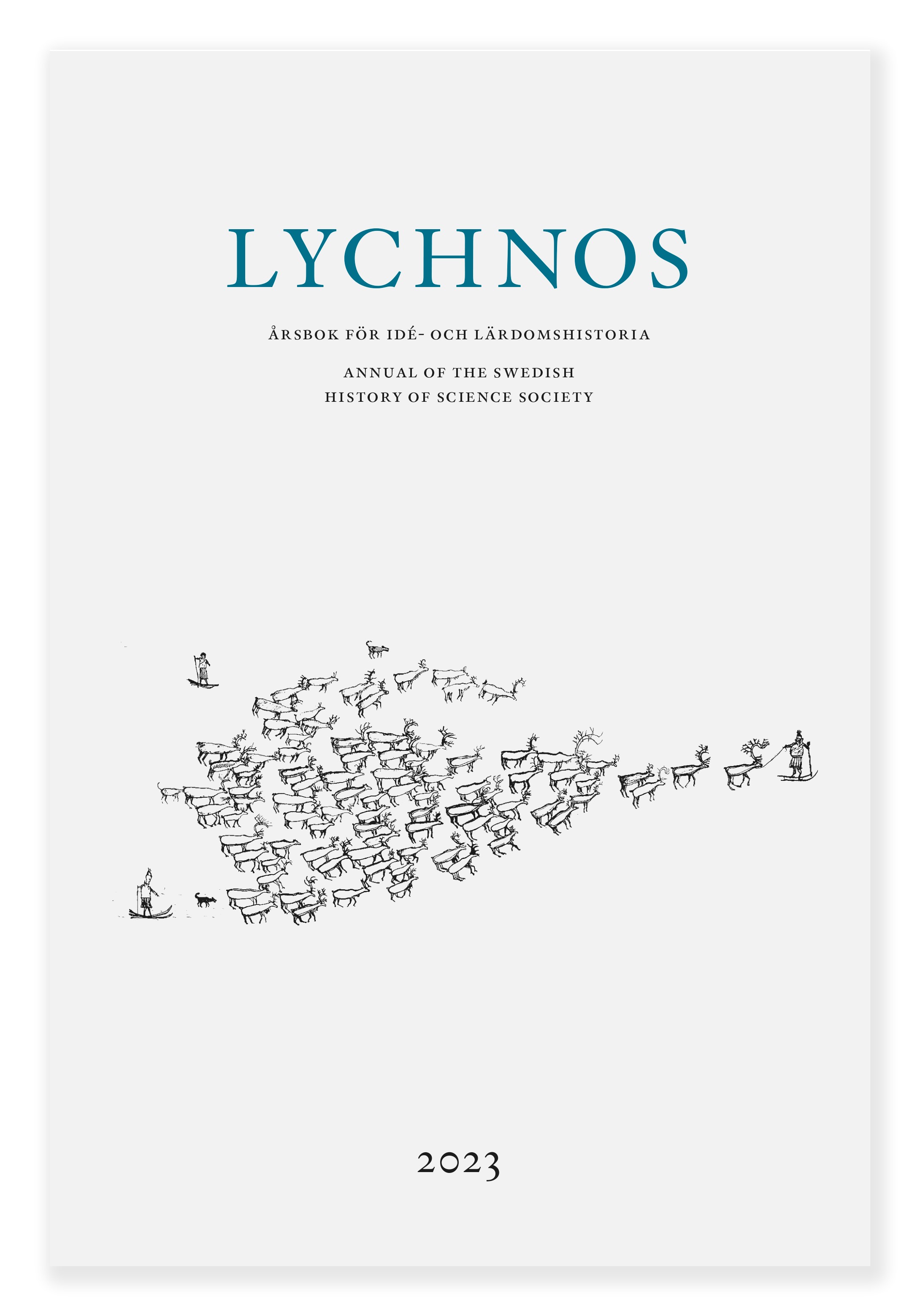Illustrating the future
Representations of Swedish “Lappland” in early 20th century publications
DOI:
https://doi.org/10.48202/25047Keywords:
representation, Lapland, imagology, mechanical reproduction, stereotype, postcolonialism, photographic imagesAbstract
In the early 1900s, Sweden looked to its north, to “Lappland” as its “land of the future” – an optimistic, utopian vision that tied Sweden’s emergence as a nation-state both to the north’s untapped resources as well as to its open, pristine landscape as a place of symbolic regenerative potentiality – a Nature in which Swedes could re-create themselves. At the same time, the Swedish publishing industry was emerging as a social force, and with it the proliferation of mass-produced images. Photographs, illustrations, engravings, and facsimiles, circulating with scant reference to an original, were powerful political and commercial agents in creating competing mythologies of space and place – one a “found”, natural paradise, one an invented utopia, ripe for development. This article examines the discursive formation of Lapland as it was transformed into such a landscape of desire through the mass production and circulation of visual images – in particular photographs – that were continuously recontextualized, recirculated, remediated, and consumed.
Downloads
Published
Issue
Section
License
Copyright (c) 2023 JoAnn Conrad

This work is licensed under a Creative Commons Attribution 4.0 International License.
This work is licensed under a Creative Commons Attribution 4.0 International License. The copyright for the work published in Lychnos remains with the authors.


